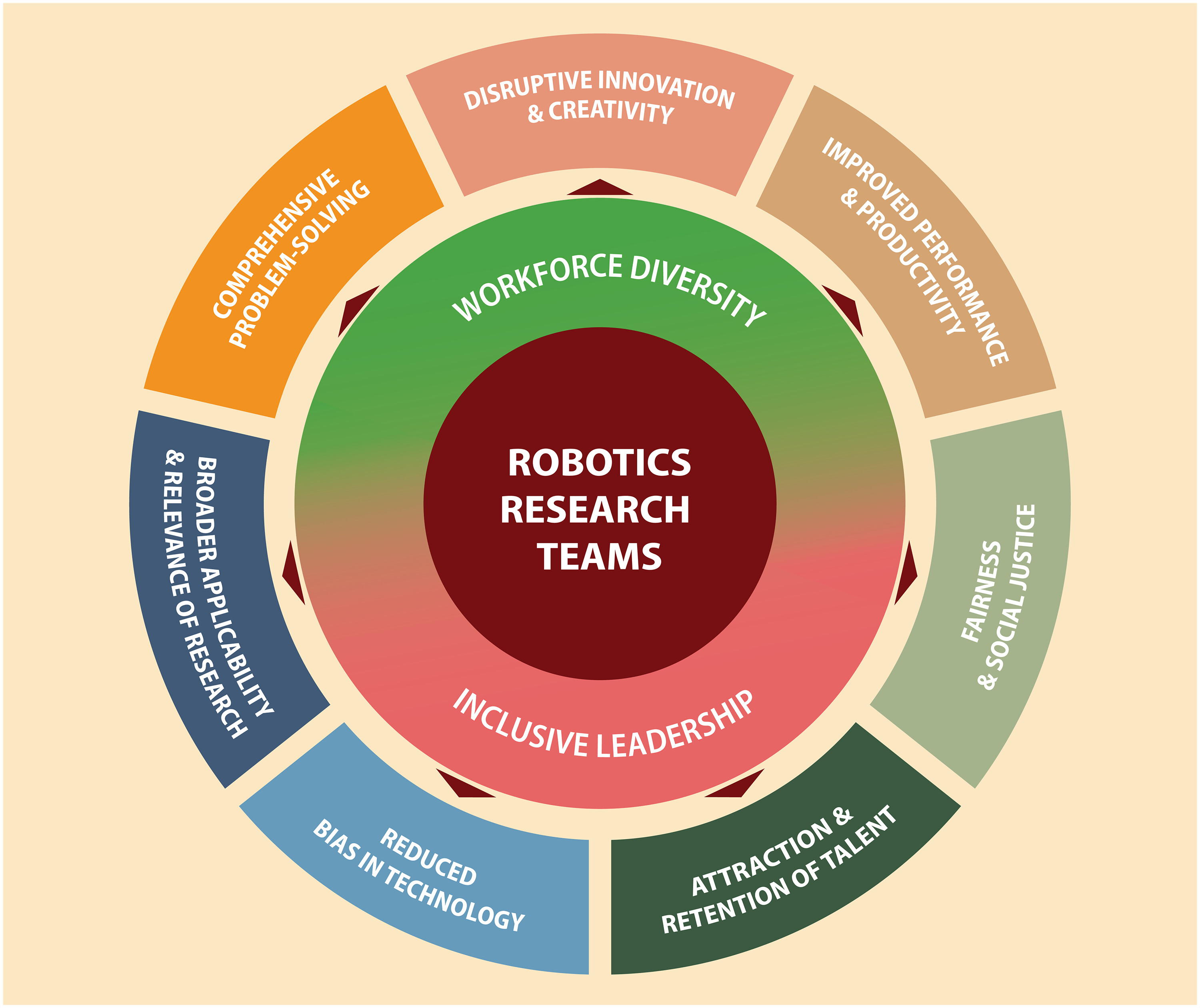Leadership

Leadership plays a crucial role in shaping organizations and societies. However, biases influence who emerges as a leader, who is perceived as influential, and who is given opportunities to lead. Research in leadership emergence and social influence seeks to mitigate these biases and develop interventions that support diverse leadership.
Using agent-based simulations, we model leadership emergence as a collective search process. Our simulations integrate individual and social learning, with agents represented by feature vectors that include both relevant (e.g., learning ability) and irrelevant (e.g., gender, race) characteristics. We show how historic privilege reinforces biases in leadership selection, but also demonstrate how targeted interventions, such as mentorship and allyship, can significantly reduce these biases.
In another project, we investigate gender diversity in leadership by analyzing the role of stigma in career advancement. Despite decades of progress, women remain underrepresented in leadership positions. While past research has focused primarily on visible stigma (e.g., race, gender), we expand this perspective to include less-explored barriers such as emotional (e.g., mental health), physical (e.g., appearance, age), and societal (e.g., caregiving responsibilities) stigmas. By examining how these factors influence career trajectories, we provide insights into how organizations can create more equitable workplaces.
We also examine diversity in robotics research, a field celebrated for its interdisciplinary nature but often overlooking workforce diversity. Our work demonstrates that diverse teams with inclusive leadership act as catalysts for scientific excellence and innovation in robotics. Through a combination of citation analysis and expert interviews, we highlight the benefits of diversity and inclusion in driving scientific progress.